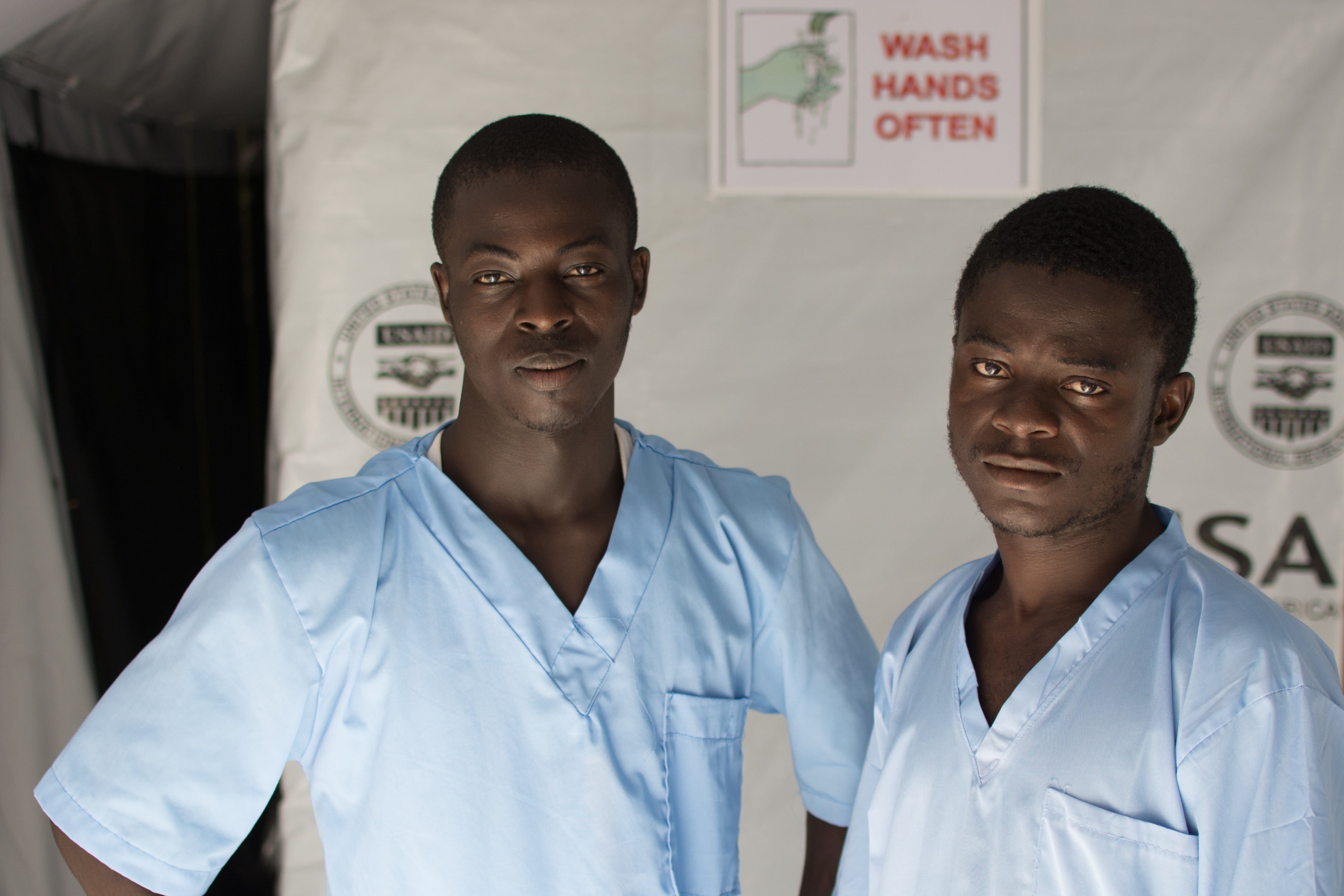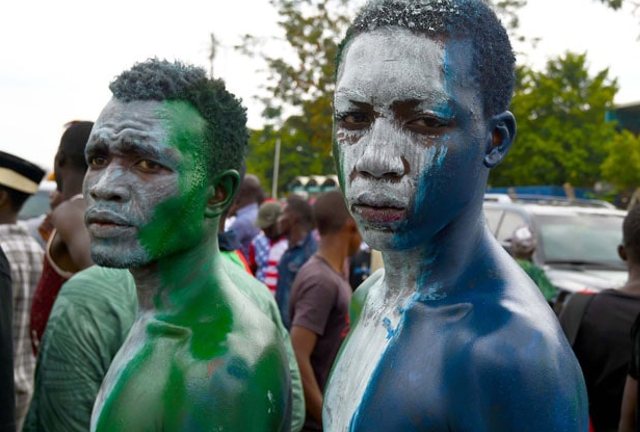Montenegro
After 30 years: Victory.
For 30 years the president of Montenegro, and his Party of Democratic Socialists (DPS) always remained in power. The award of “Person of the Year in organised crime and corruption 2015” did not bring them down; with election after election tainted by accusation of massive vote-rigging, nationally and internationally the universal conclusion was that would never change. And then – in 2020 - they were gone.
CHALLENGE In the run up to the 2020 parliamentary elections, Montenegro’s president made the first serious mistake of his 42 year-long political career: he passed a so-called “Law on Religious Freedom” which was, despite its name, an attack on the Serbian Orthodox Church – the branch of Christianity which more than 70 per cent of Montenegrins adhere. The law as nothing to do with faith or belief: rather it was a legal putsch to steal church lands and property – with no recourse to the courts – in order to parcel out to his supporters – to keep the DPS’ bankrupt regime alive.
When first appointed, international media coverage was bleak, and wholly inaccurate: Despite the years of DPS rigging to win and brutality against journalists and civil society, much of which was well-documented – the party was still, perversely viewed as the “democrats” and “rights defenders”; the Church and its supportive opposition considered as against progress of any kind. Our task was to change the narrative.
Similarly, with the successive failure of political parties of all kinds and colours to defeat the DPS in 30 years, we worked to create a campaigning vehicle spearheaded by friends of the Church – but whose task it was to deliver such high voter turnout for opposition parties they would be able to overcome the inevitable and widespread ballot rigging expected by the incumbent.
WORK Hand-in-hand with supporters in Montenegro, London, and Washington D.C. – and the offices and officials of the Serbian Orthodox Church in Montenegro and New York – BTP delivered (I) international media articles and Op-Eds in Newsweek, Euronews, EUObserver, Euractiv, The Daily Telegraph, L’Opinion, CNN, BBC World Service, CBN News USA, Christianity Today, Christian Post, The Washington Times, Wall Street Journal and TownHall and more; (II) a targeted, geo-location digital advertising campaign focused on video, banner, native, and full-screen mobile ads – served to key geographic and demographic target groups, and; (III) an overarching campaign website – SaveOurShrines – that offer a ‘focal point’ for operations, messages, media articles, videos, and campaign events.
Results When the results came through, the combined opposition had secured a majority in parliament for the first time in Montenegro’s history. Acting swiftly, they established the first non-DPS government, with the party fully excluded from decision-making at national level. In local municipal elections that followed the party was ejected by voters from councils they had held for generations, and with it their access to taxpayers’ funds to pay for their political agenda further blocked.
In government, the new and first truly democratically elected government of Montenegro is today tackling corruption, rebuilding its critical tourism sector, has launched a new national airline, and working with international partners to re-finance the corrupt former government’s colossal foreign debts.

